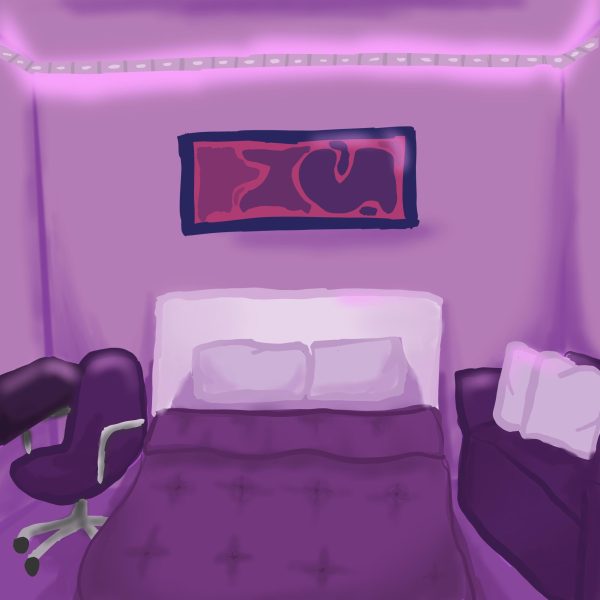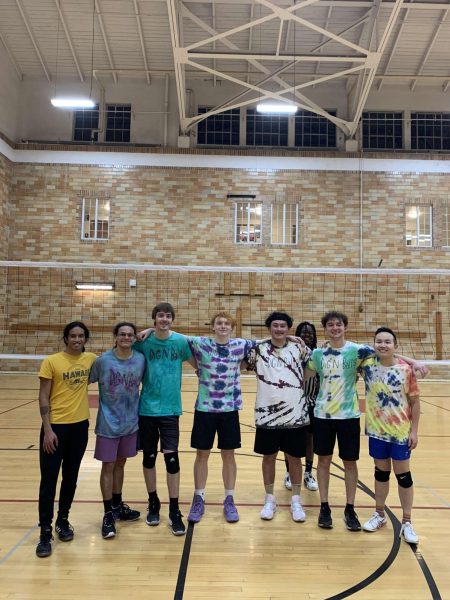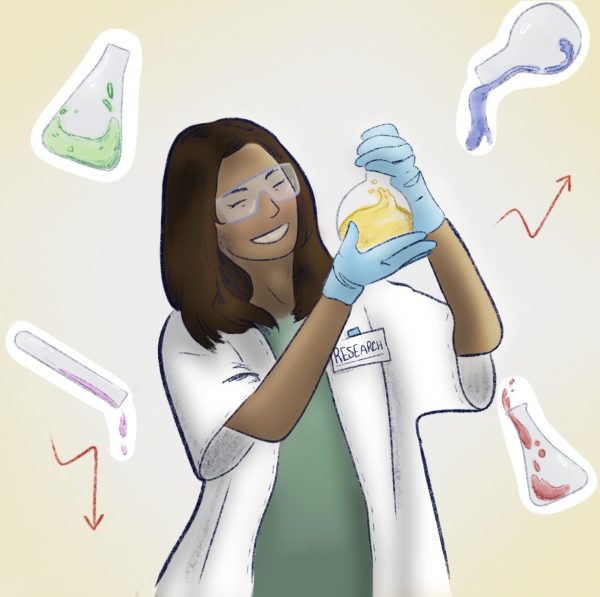Students too busy for relationships turn to hookups
October 15, 2013
In the upcoming months WSU students will experience what I like to call the inevitable three C’s: a cold snap, incessant coughing and academic cramming. However, there are many that will engage in a fourth C: casual sex.
As we make our way into the winter season, students have a decision to make. Will they hibernate or casually curl up with one or more partners?
The commitment-free sex of college hookup culture evolved with modern society and has manifested in two forms: the one-night stand and the infamous booty call.
While standards vary for what constitutes a true “booty call,” three constants remain: lack of commitment, sexual desire and a short stay for the visiting party.
College students say that the traditional dating of our parent’s generation has no place in today’s fast-paced society. Between balancing class loads, extracurricular activities or a job, there’s little time to wine and dine a potential suitor.
A study published in 2007 by Wayne State University and Michigan State University found that about two-thirds of college students reported to having a “friends with benefits” type of relationship during their four years at school.
The majority of the participants identified the primary advantage of this relationship to be a “lack of romantic commitment.”
For the first time in history, we can’t blame men for these seedy statistics. Since women outnumber men in national college enrollment by a 4-to-3 ratio and outdo them in graduation rates and advanced degrees, there are different dynamics at play than in generations past.
Elizabeth A. Armstrong, a sociologist at the University of Michigan who studies young women’s sexuality, said that women at elite universities were choosing casual sex over long-term relationships because they are more focused on their own self-development and career aspirations and didn’t have time for a romantic relationship.
Armstrong quoted her interviewees, saying things like, “a relationship is like taking a four-credit class,” and “I could get in a relationship, or I could finish my film.”
The interviewees said that they met their sexual needs by engaging in sex with strangers or a consistent but casual partner.
However, experts across the country have argued that this 4-to-3 ratio has cultivated a perfect environment for today’s hookup culture.
A study published in 2010 in Springer’s Journal of Sex Roles concluded that college women prefer dating, while college men prefer hooking up.
Therefore, by having “friends with benefits” relationships, aren’t women settling?
Not necessarily. As you can see in the above paragraphs, experts are conflicted on the matter. There is solid information on both sides and every individual is different.
Laurie Smith-Nelson, professor of psychology at WSU, explains these relationships as the result of a double standard.
“Women are socialized to have sex within a committed relationship, while men are not. The current climate on college campuses is that ‘men aren’t going to date you.’ The friend with benefits relationship is often a compromise,” Smith-Nelson said.
She said that this is not always the case, and that there are college women that truly desire this type of relationship. However, they are far and few between.
“As a therapist, the majority of young women that are participating in these types of hookups would prefer to have committed relationships,” Smith-Nelson said. “A lot of time, they don’t feel like they can insist on that.”
While there are emotional downsides to today’s sexual climate, know that the “hookup culture” does have its pros. For those who have mutually decided to engage in this relationship, they have a healthy sexual outlet and in turn can meet their physical needs.
Sex has been scientifically proven to relieve stress and boost immunity. On top of that, oxytocin, the chemical released in the brain during orgasm, promotes sleep following sex. Sex has also been proven to boost self-esteem, alleviate aches and pains, and boost blood flow to the brain.
Remember that while there are benefits to sexual activity, there are also repercussions to these relationships. Know that almost a third of college students choose not to engage in casual sex at all. Whether you are a part of the majority or containing the prize in your pants until someone special comes along, make sure you are committed to your emotional health first. After all, everyone is different.





















